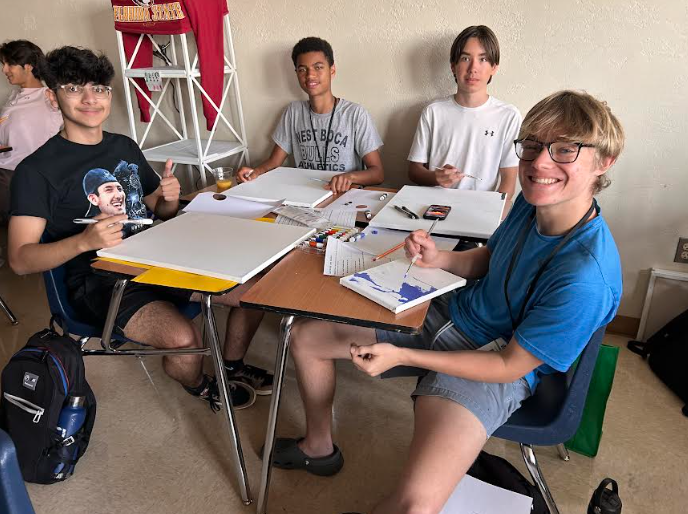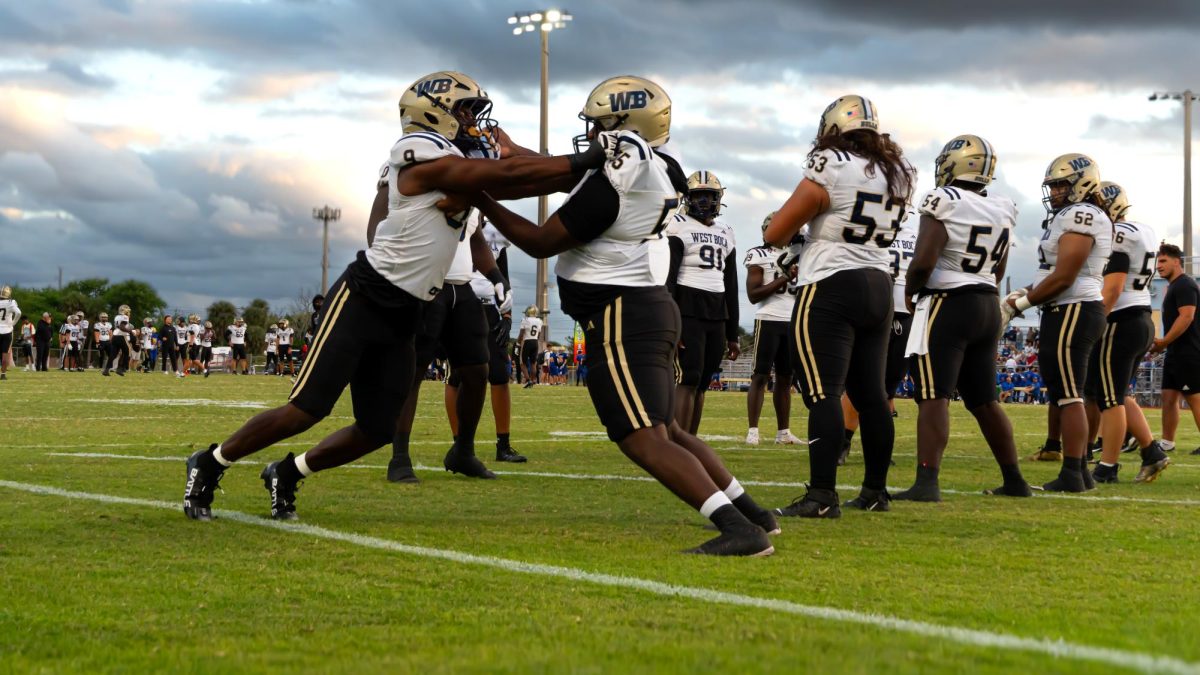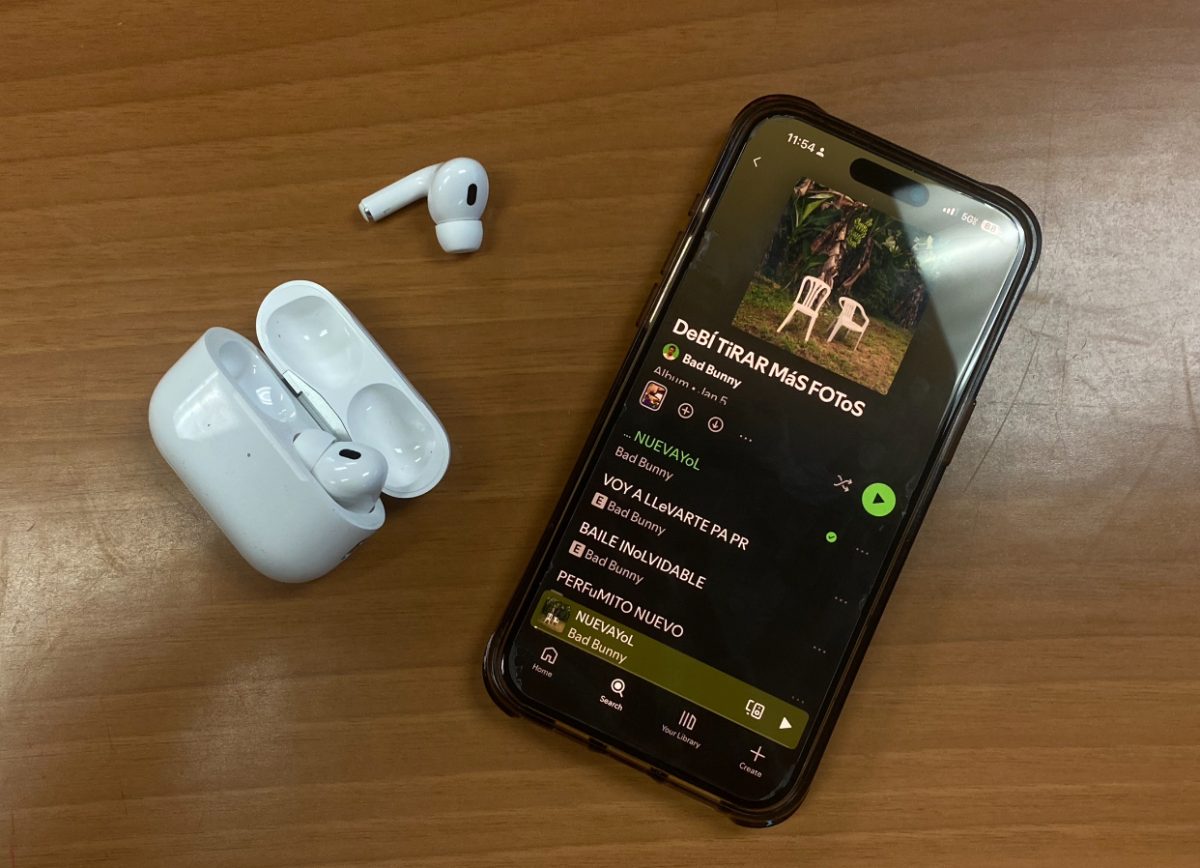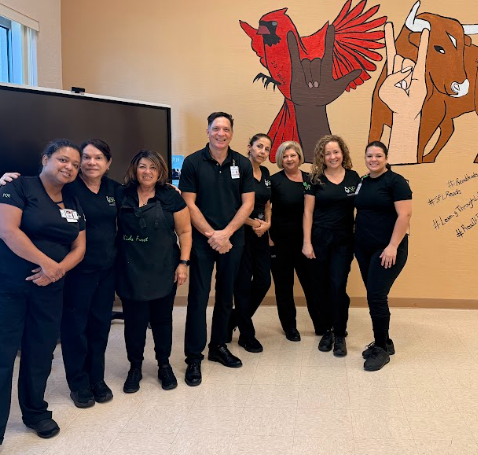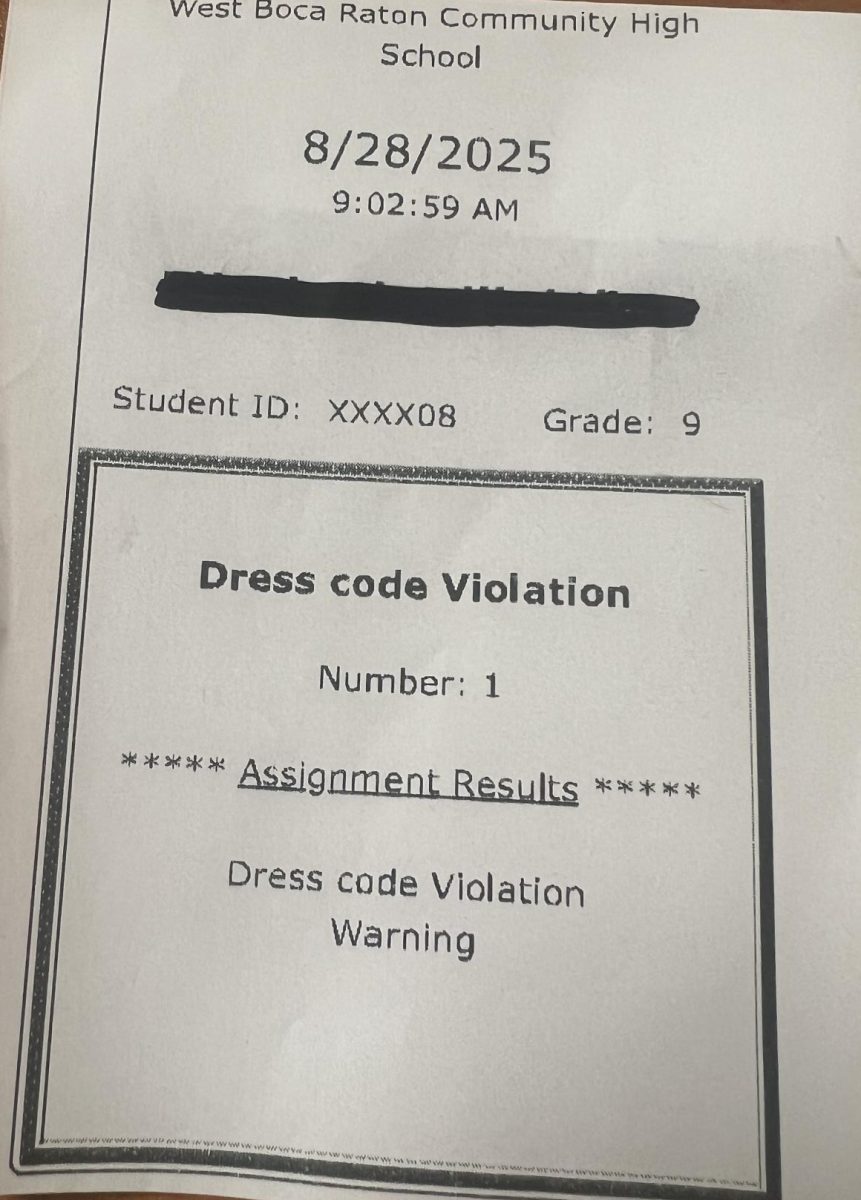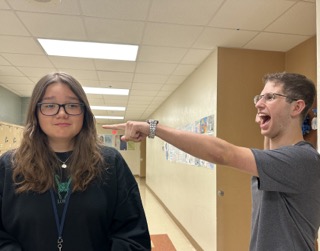
Bullying is something that we see everyday whether it is online, in person, in school, or outside of school. But there is a line between bullying and having a conflict with the people around you. Have you ever heard of the acronym “RIP?” Not in the way that you think, it actually means R- repeated, I- intentional, P- power imbalance. Let’s break it down: repeated means that the action of bullying is continuous. Intentional is when the target does not know what is giving rise to the intimidator or bully. The bully intends to bring others down using their behavior and their actions. The power imbalance is real or recognizes the power imbalance between the two groups. This imbalance can be physical strength, access to information, or even popularity.
There are four main types of bullying. Verbal bullying which is when you are calling people names, insulting, and teasing. Physical bullying is when you are hitting, kicking, tripping, pushing or even damaging property. Physical bullying causes both short term and long term damage. People who have experienced either physical or verbal bullying are more likely to experience depression. Social bullying includes lying and spreading rumors, negative facial or physical gestures, and attempting to embarrass and humiliate. Finally, cyber bullying is the intentional and repeated harm imposed on its victim via computers, phones, and other electronic devices.
When you think of bullying, many people believe they have an understanding but it’s the concept that they don’t get. The Oxford dictionary definition of bullying is “a person who uses their strength or power to frighten or hurt weaker people,” or in other words, a person using their insecurities to bring down others to make them feel better about themselves. I asked several people anonymously what bullying meant to them; here are some of the responses. “To me, bullying occurs due to a lack of love and attention in a household, and insecurity within oneself. The people who bully are those who have an unstable relationship with oneself, and feel the need to take out their frustrations on those who they see as weak. I personally have never been bullied, but I feel terrible for anyone that’s been a victim to bullying.” An equally accurate description of bullying is, “Bullying means to harm, coerce, and agitate someone via words, physical action, or other methods in a continuous manner. As to answer the question above though (“Have you been bullied in any way”), I am not entirely sure if I have been bullied or am being bullied now, but I have placed no as a placeholder.” Finally, “Bullying essentially involves the misconduct of an individual in respect to their peers, in a way that allows them to feel superior to mask their own internal problems, by negatively impacting the lives of others.” Everyday the tormented are experiencing emotions that they may be unaware of. Researching emotions you have sometimes is a good way to increase your awareness of what you are feeling and why it’s happening.
Due to the fact that bullying can be really damaging to a person, there are many ways that it has affected people. Thousands of teens and adults have been impacted in both physical and emotional ways. There can be either long term or short term effects. “National Institute of Child Health and Human Development (NICHD) research studies show that anyone involved with bullying—those who bully others, those who are bullied, and those who bully and are bullied—are at increased risk for depression.” So, what can schools do to help and support students? Teachers can make assignments and activities to make students more aware. Schools can train their staff to make them look out more for people who are being bullied. On a federal level, there are no direct rules that are stated that go into the bullying problem, but there are laws against harassment, or more specifically discriminatory harassment. Kids and teens can treat others they want to be treated. We can help with the bullying problem if we help assist the people who have been brought down. We could be more open- minded about people’s differences. And include those who are excluded. (FHCDS research.) If you are experiencing the effects of bullying, look at the person bullying you, tell them in a respectful, direct voice to please stop. Sometimes speaking up is hard, so you can always go to a trusted adult and have them help you stop the bullying. (Research from what-you-can-do.)
NHS stated that the the main symptoms of depression could be:
- continuous low mood or sadness.
- feeling hopeless and helpless.
- having low self-esteem.
- feeling tearful.
- feeling guilt-ridden.
- feeling irritable and intolerant of others.
- having no motivation or interest in things.
- finding it difficult to make decisions.
According to the article “bullying-statistics” suicide is one of the main cause of death among teens. According to the CDC about 4,400 deaths every year. For every 100 suicide attempts 1 person succeeds. In addition over 14% of students have considered suicide. According to Yale research, bullying victims are between 2-9 times more likely to think about self harm or suicide than non victims. After conducting a poll within my school of 282 students. 69.9% (197 people) saying they haven’t been bullied and 30.1% (85 people) saying they have been bullied. The results converted equals 1 in 3 students who have been bullied.
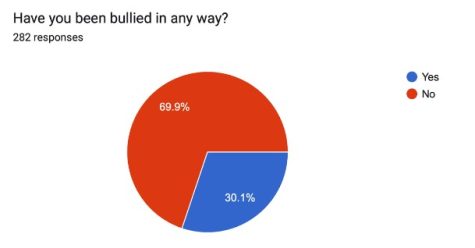
Teachers and administrators always tell their students that they should go to them if they have a problem. However, if a student reports a bullying incident it often intensifies into a bigger problem for the person being bullied. For example, if a student were to walk up to a teacher and tell them what is going on, the student is most likely obligated to identify the bully. As a result, the guilty party knows they have been “ratted on ”and often takes revenge. Not only could the bully take revenge, but they also tell their friends and this exacerbates the situation. Unfortunately, bullying is seen everywhere and not only in schools. In 2012, May 4 was declared as the U.N. Anti-Bullying Day. Many people don’t stand up and speak up if they are being bullied, so be careful and be on the lookout!
Sources:
Symptoms – Clinical depression – NHSNHShttps://www.nhs.uk › … › Clinical depression
https://www.fhcds.org/post/~board/homepage-news/post/united-we-stand-against-bullying


